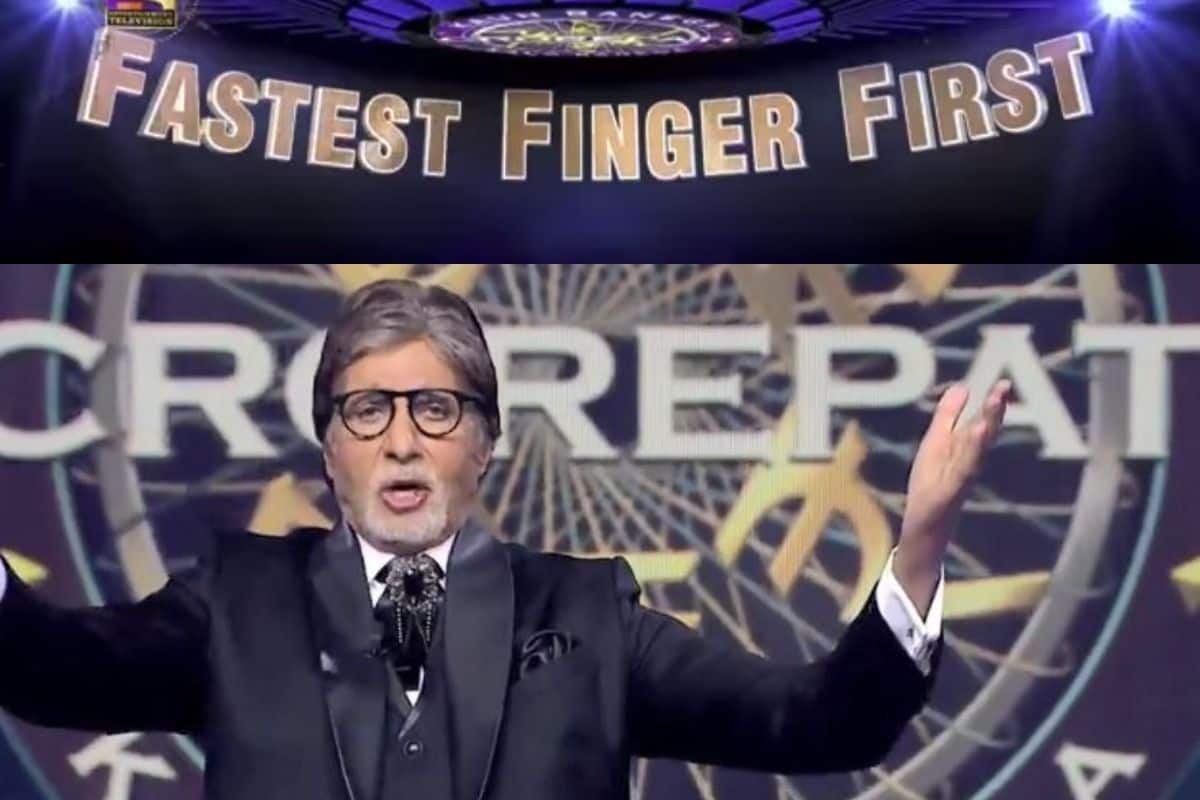Is all the information required available? All of it? Completely?
Myth: Just googling once should do it. Truth: More often, it is only a preliminary or first level information and all the info may not be available at one place. Or it may not be available at all. You are just taking a chance and hoping you will get what you want.
Is information available quickly?
Truth Googling is the fastest method to check on any info. Just type in the keyword or combination of them and bingo you have the answer. Unless you have a ready source available, or you already know it :). No wonder everyone takes recourse to it!

Amitabh Bachchan in “Kaun Banega Crorepati” Source: https://filmdhamaka.in/ . Does it help in analysis?
Myth: Is it required? :) Googling is done only once, and you get the final answer. So is the belief!
Truth: Googling brings out many different versions of information over multiple pages, some appropriate some not, some true some not. So, one needs to collate the information available, analyze separately and come to some conclusion.
Does it help in reflecting about it?
Myth: Reflecting? That is a lost art, and we were doing that when we had only printed information and books. Not now, in the internet age when we can get instant information! (:
Truth: Reflection on what we read or hear continues to be important for remembering and assimilating information. It is also a prerequisite for analysis. We can say this, considering that even in the digital age, books have still survived though they have got morphed into e-books or audio books.
Is the information “True”?
Myth: What you get as response upon googling throws up information which is ‘wholly’ true and is ‘entirely’ reliable.
This last point is the most misunderstood and so let us dwell on it a bit more. I would like to mention two anecdotes.
Anecdote 1: View the clip extracted from J Sai Deepak Debunking Myths , Aryan invasion theory . Paraphrasing: The person asking the question says “I got my facts from google, and that is one most people refer to, so you must write to Google, honestly, seriously. After all, we are all guided by google, it is such a handy thing, in the palm of our hand and easy to use, please write to Google”. This was the response from the person in the audience as his earlier question was rebutted by the speaker as not factual. From the clip It is interesting to observe the way the speaker is smiling in response to the question, possibly fully understanding the questioner’s ignorance in understanding the way search engines work. :) The conversation shows the belief (possibly by many people) that what one gets on ‘googling’ is gospel truth and the real information.
Truth: What is thrown up on googling is what people contribute and write about and the organization has no control or say in it. It provides only the structure and algorithms for the system to work.
Anecdote 2: The US Congressional hearings where the CEO of Google Sundar Pichai was interviewed throws open the views of various politicians and their questions shows little understanding of the process and methods of information access both on google as well as the internet in general.
Myth: Google or any other corporate organization has full control on the information it receives from its users and can select and decide which to display or not. This is being done by the executives in the organization.
Probably, people come to this conclusion they do so because they draw parallels with processes being followed before the advent of the internet.
Truth: What is thrown up on googling is what people contribute and write about and the organization has no control or say in it. It provides only the structure and algorithms for the system to work.
To conclude, on googling be aware that while it is a great and quick way to get information to start with, it is by no means always complete or authentic or reliable. (Though it may be so in some cases). Analysis and due diligence are required on the information thrown up and collected before any conclusions can be drawn. So, after googling use the information, you get “with a pinch of salt” :).





